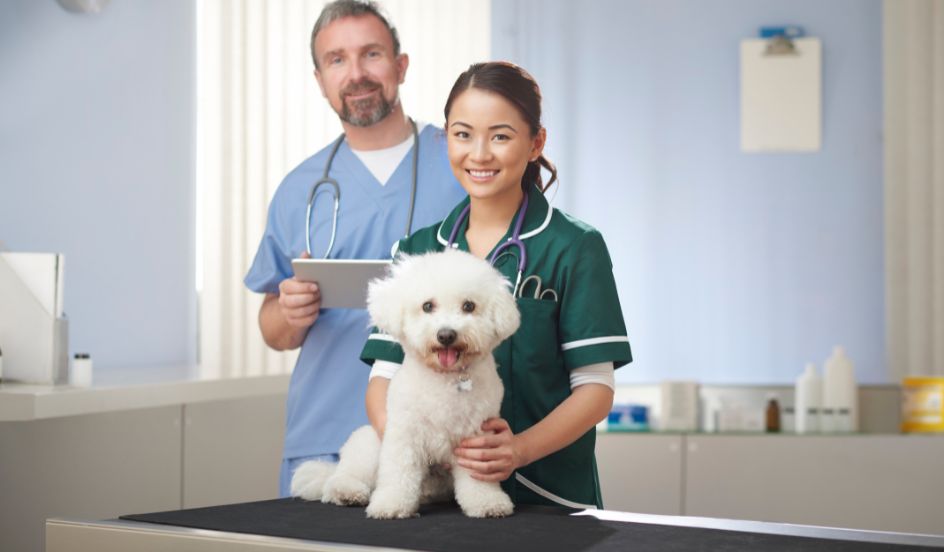What If There Were No Veterinarians?
May 17th, 2016 / By Eastern College
There are so many professions today that help both our lives and the economy function smoothly. We take these services for granted, but when something happens that causes delays or cancellations, we realize just how lucky we are to have them.

Veterinary professionals are driven by a deep love for animals of all breeds, sizes, and species. Aside from the clinic, many vets participate in various community outreach programs, including wildlife rescue.
When people think of veterinarians, their first thoughts are about house pets. However, veterinarians do far more than just provide care for cats and dogs. Their contributions impact our lives in many ways you might not expect and the loss of this profession would be devastating for our world.
No Help for Pets
Let’s start with the most obvious one: house pets. Even those who dote on their cat or dog know that they require care from time to time. This might involve getting their annual shots or helping to heal wounds. But what would you do if your dog developed an infection or a disease of some sort? Without a qualified professional to help you, the animal’s quality of life would be very poor and it would likely die well before its time.
No Help for Livestock and Compromised Food Safety
The health of livestock is of great importance on several fronts. Those who eat meat and dairy products would be at risk if the animals were not properly cared for and succumbed to disease. If any form of serious, contagious virus did occur, there would be few ways to intervene and entire herds could be wiped out.
No Help for Abused Animals
Forensic veterinarians study abused animals so that the authorities have the evidence required to charge the perpetrators. Without this service, those guilty of abusing animals could continue to do so and many other innocent creatures would suffer and die.
No Way to Combat Zoonotic Diseases
Zoonotic diseases are ones that pass between animals and humans. Medical professionals who work with humans do their part, but without the animal experts, research would stall and serious problems would ensue for both people and animals. Zoonotic illnesses like avian flu would be of much greater danger, while previously controlled ones like tuberculosis and undulant fever could resurface.
No Progress in Fighting Emerging Diseases
Even leaving out zoonotic diseases, the health of the human race would be at greater risk without effective epidemiologic investigations. One of the ways this branch of science benefits is through research involving animals.
While animal activists rightly protest the abuse of animals in medical study, there is still humane research conducted with animals that is of great benefit in the ongoing fight against new viruses.
The need for qualified veterinary personnel is clear and you can start down the road to a challenging and fulfilling career by enrolling in Eastern College’s Veterinary Assistant program. Our students learn in a classroom setting designed along the lines of the real-world veterinary clinics where they will work.
Adding to the pre-employment experience is an eight-week field placement that complements the classroom component. Combined with administrative support training, graduates from the program are desirable candidates for veterinary clinics, animal care agencies, or receptionist positions in any office environment.
Contact Eastern today to find out when the next round of veterinary assistant classes start at our Fredericton, Saint John, and Moncton campuses!
Eastern College offers a 53-week Veterinary Assistant program and a 41-week Veterinary Administrative Assistant program. During both programs, you can gain practical experience through internships.
